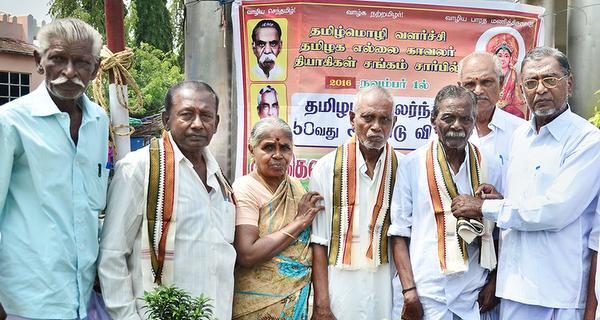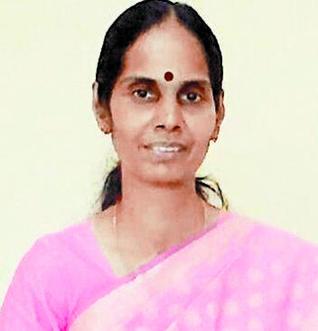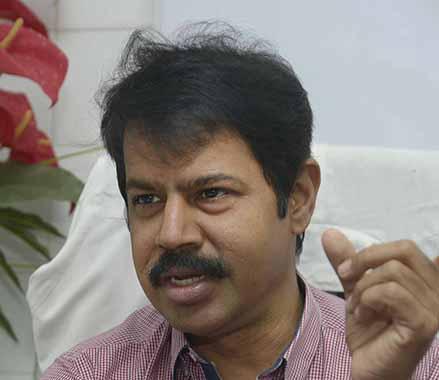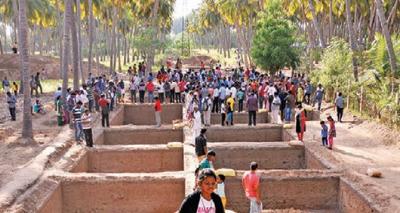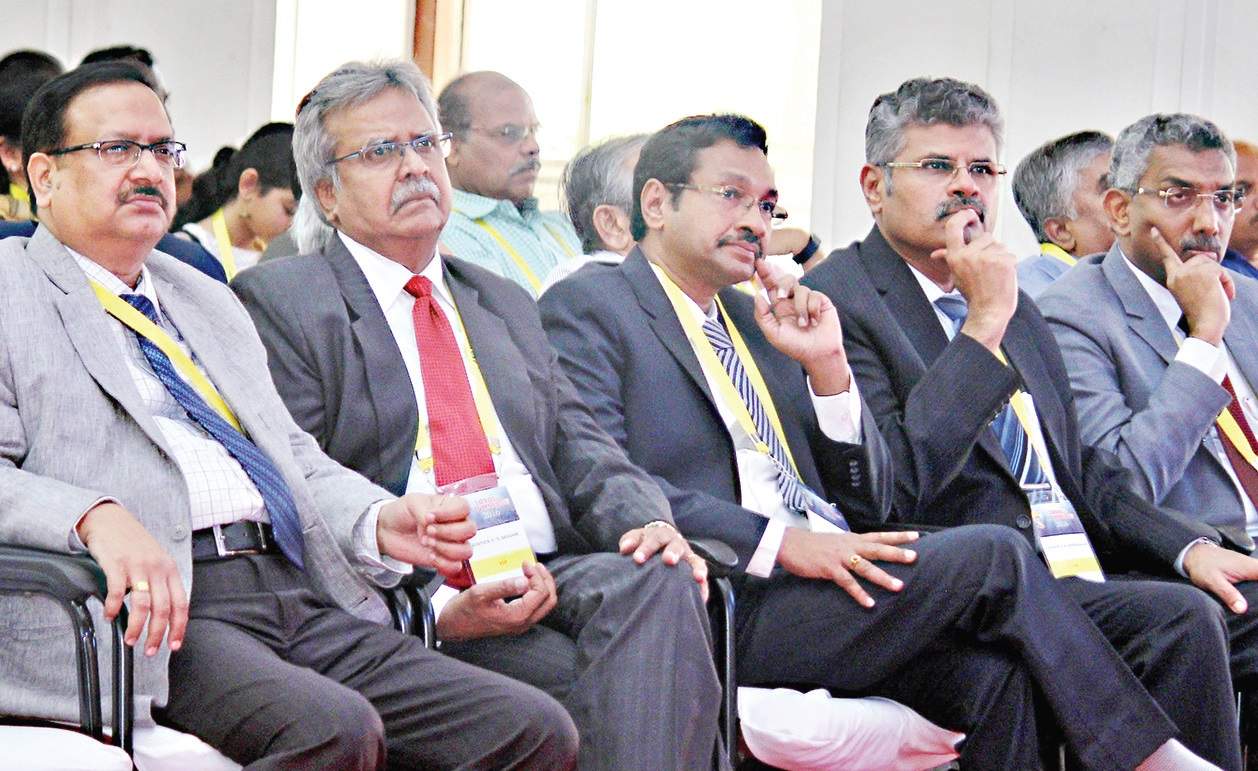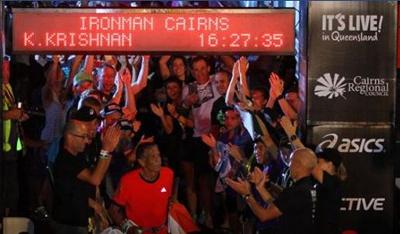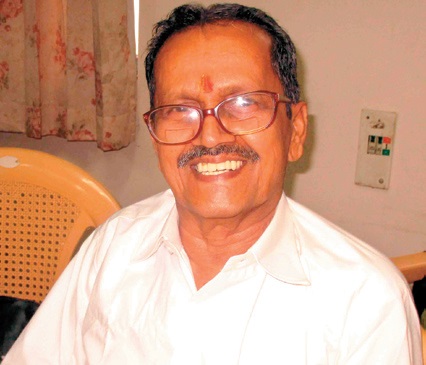
Erode :
He holds a record that is not easy to beat. A lawyer based in Erode, K K M Kesavan has to his credit, a PhD in Legal Aid, 14 master’s degrees and eight PG diplomas to his credit. And he is 75!
Now, he is in the second year of a correspondence master’s programme, even as 2017 will mark the golden jubilee of his legal career. Among his degrees are MA in English, Political Science, History, Sociology, Economics, Public Administration, MCom, MSc in Education Management and MBA, besides his degree in lawfrom the universities of Periyar, Annamalai, Bharathiar and Alagappa.
His success in life was achieved against the odds as his family was neither well off nor highly educated. Born to a small farmer in Arathil village in Kannur district of Kerala (then in the Madras Presidency), his mother died when he was just a year old.
In 1959, Kesavan came to Erode and joined his uncle Sankar, who owned a small hotel. He got a bachelor’s degree in Commerce from Delhi University through correspondence and then studied BL in Bangalore University.
Kesavan joined as a junior advocate under V S Venkatrama Ayyar, who later became a High Court judge. He then worked under A P Chinnasamy. Later, he started his own practice.
“As my seniors mostly handled civil cases, I have attended over 2,500 civil cases so far and won nearly 80 per cent of them,” he recalls.
Of the 45 juniors who have worked with him, seven became magistrates and munsifs. There are now four juniors working with him.
Kesavan’s quest for learning started at a young age and continued even after he started working as a lawyer, as per the advice of an uncle, Vasudevan, a school teacher in Erode.
Practising actively in Erode, Kesavan has held the president’s post of advocate associations several times and is now the joint secretary of the AIADMK lawyers wing.
His son K S Jeyaganesan is a Central government pleader in the Chennai High Court. His daughter, also based in Chennai, is a Bhartanatyam exponent. She had served as a college lecturer for a while.
Proper use of time is the secret to his achievement. “All of us get the same 24 hours a day. How we utilise it, is important in coming up in life,” says Kesavan.
His wife, Savithri, should also get some credit for it. As she took all responsibility for the family, he was able to focus completely on his work and studies. The author of many articles on law, Kesavan’s only pastime is reading.
On the judiciary front, Kesavan suggests a National Judicial Academy to select judges for high courts. It should also conduct tests for the judges before elevating them to the Supreme Court.
This method, along the lines of IAS selection, would end the present controversy over the collegium system, which is not transparent.
source: http://www.newindianexpress.com / The New Indian Express / by Express News Service / September 26th, 2016
